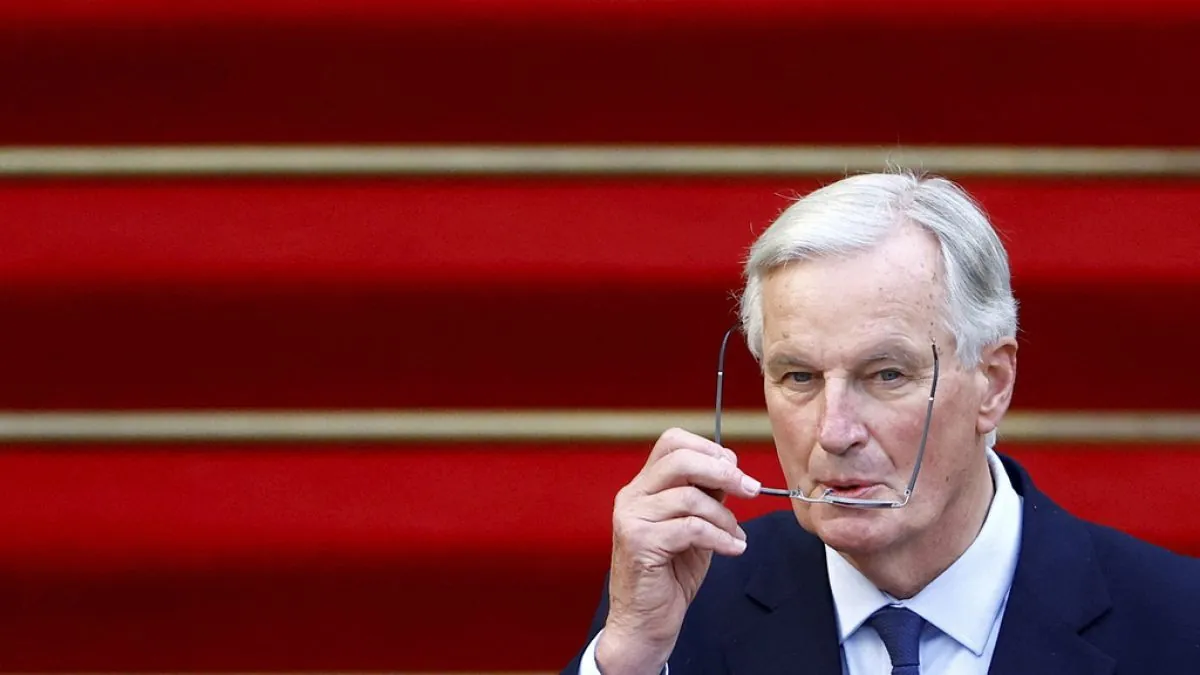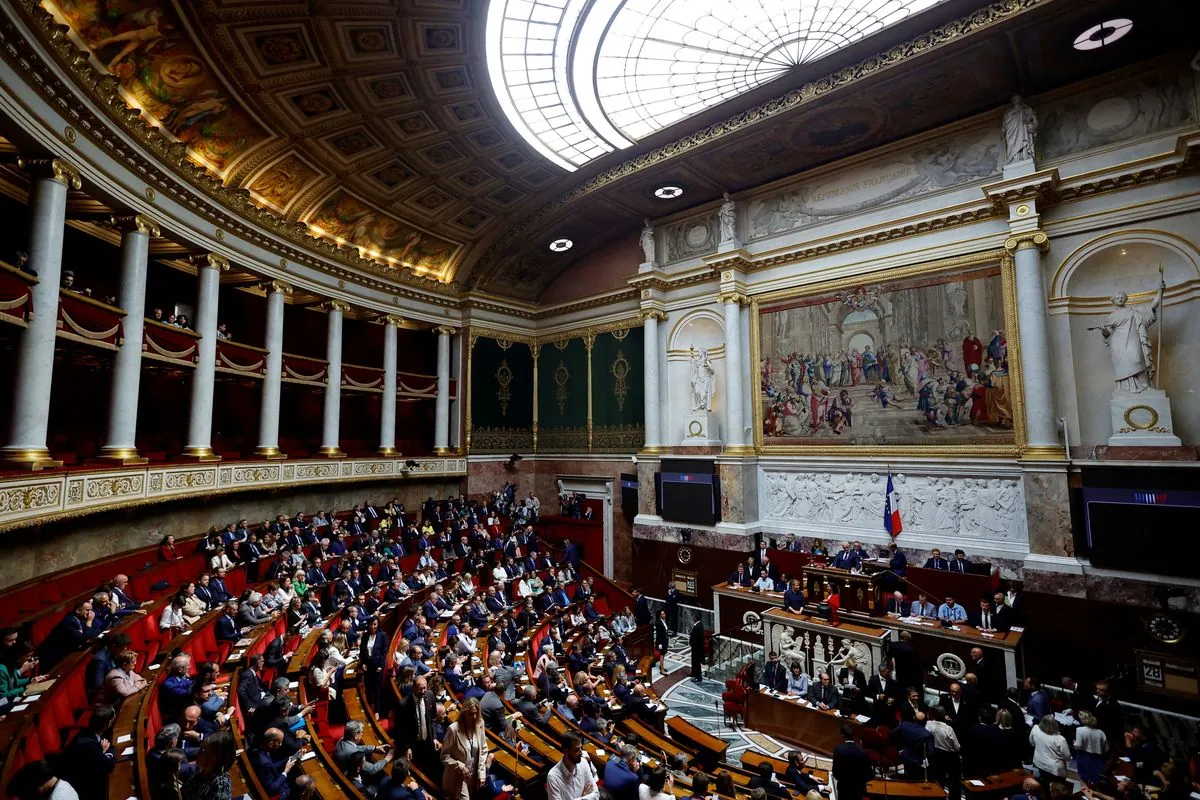France Mulls Corporate Tax Hike to Address Budget Shortfall
France's new PM considers raising taxes on large corporations and share buybacks to tackle budget crisis. The move aims to address weak tax revenues and high spending amid economic challenges.

France's recently appointed Prime Minister Michel Barnier is exploring potential tax increases on major corporations as part of efforts to address the country's growing budget deficit. This development comes as France, the world's 7th largest economy by nominal GDP, grapples with economic challenges and the need to maintain fiscal credibility.
According to reports from Le Monde newspaper, the government is considering a temporary 8.5 percentage point increase in corporate tax for companies with annual turnover exceeding €1 billion. This measure, if implemented, could generate an estimated €8 billion in additional revenue for 2025. Additionally, a tax on share buybacks is under consideration, reflecting a trend that has become increasingly common among French companies in recent years.
These potential tax measures highlight the complex fiscal landscape in France, which is known for its intricate tax system and historically high rates. The country's economy, while diverse with a strong services sector, has been facing persistent budget deficits for several decades. This situation has been exacerbated by France's robust welfare system, contributing to high public spending.
Barnier, who previously served as the EU Chief Brexit Negotiator, faces significant challenges in his new role. The lack of a parliamentary majority for the current government complicates the budget adoption process, reflecting the intricacies of France's semi-presidential system. The Prime Minister must finalize the 2025 draft budget within days and submit it to lawmakers by mid-October at the latest.

The proposed tax increases come at a time when France's public debt has surpassed 100% of GDP, a threshold crossed in 2020. This fiscal pressure is further intensified by the country's commitments as a founding member of the European Union and its push for greater EU fiscal integration.
"We are exploring all options to ensure fiscal responsibility while maintaining our commitments to economic growth and social welfare."
It's worth noting that France has been gradually reducing its corporate tax rate in recent years, making this potential increase a significant policy shift. The move could impact major French companies listed on the CAC 40, France's benchmark stock market index, including global leaders like L'Oréal, the world's largest cosmetics company, and LVMH, the world's largest luxury goods conglomerate.
As France navigates these fiscal challenges, the government must balance its budget goals with potential economic impacts. The country's strong tradition of social movements against tax increases adds another layer of complexity to the situation. As the budget process unfolds, involving multiple stages of review and approval, all eyes will be on how France addresses its fiscal shortfall while maintaining its position as a key player in the European and global economy.


































